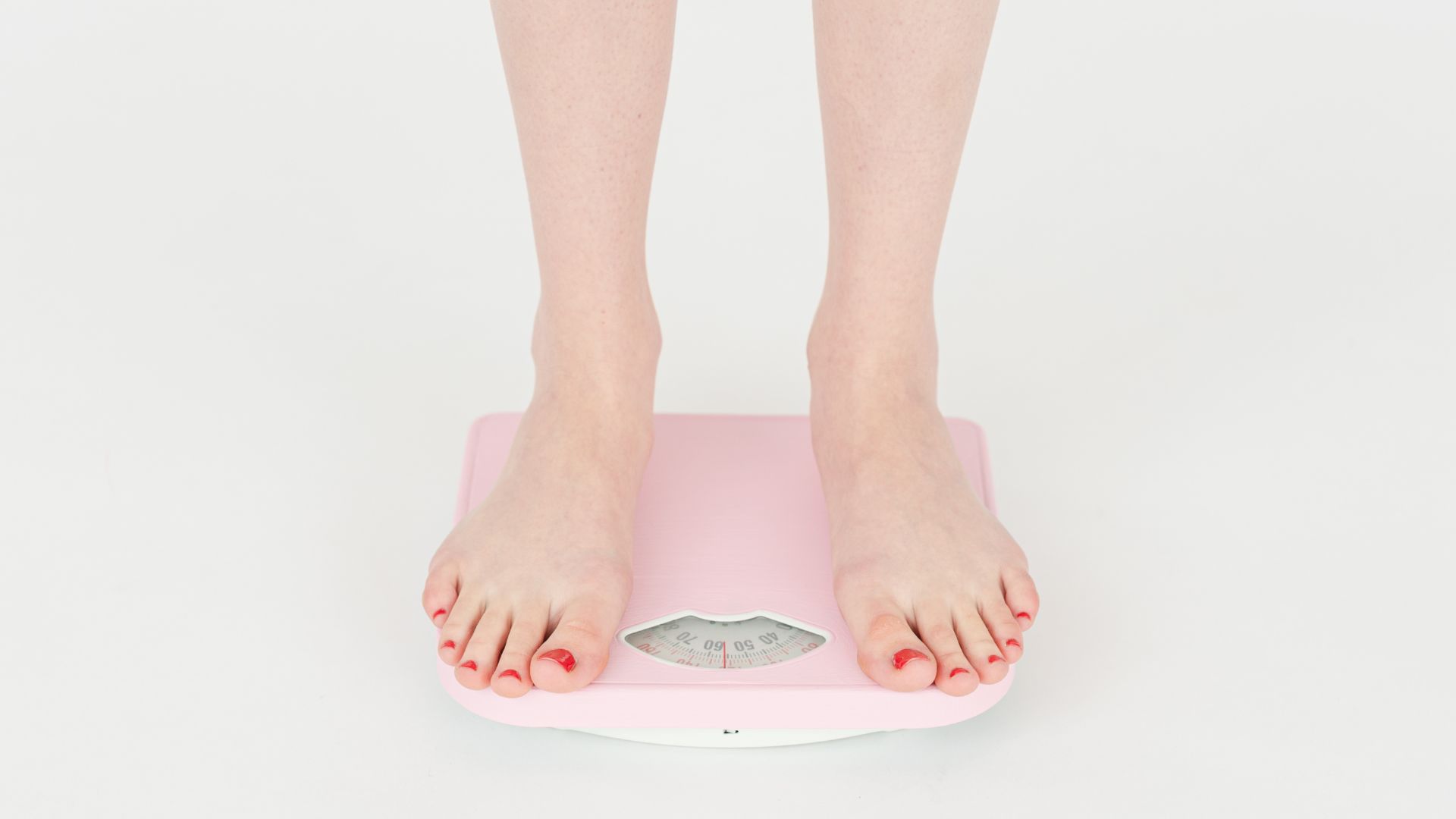Lifestyle plays a crucial role in determining both male and female fertility and the ability to conceive. Making positive changes to one’s lifestyle can significantly increase the chances of successful conception. Let’s explore the lifestyle factors that impact male and female fertility and provide recommendations for enhancing the odds of success.
For women:
Maintain a Healthy Weight: Insufficient or excessive weight can disrupt hormonal balance and ovulation. Aim to maintain a healthy Body Mass Index (BMI) to improve fertility.
Manage Stress: High stress levels can affect hormonal regulation and ovulation. Practice relaxation techniques such as yoga, meditation, and deep breathing.
Limit Alcohol Consumption: Excessive alcohol consumption can have a negative impact on fertility. If you choose to consume alcohol, do so in moderation.
Quit Smoking: Smoking is associated with reduced pregnancy chances and an increased risk of miscarriage. Giving up smoking can improve reproductive health.
Stay Active: Regular physical activity can help regulate hormones and enhance fertility. However, avoid excessive exercise that may affect ovulation. Find a balance.
Balanced Nutrition: A well-balanced diet rich in fruits, vegetables, whole grains, lean proteins, and healthy fats supports reproductive health. Certain nutrients like folic acid and iron are especially important.
For men:
Maintain a Healthy Weight: Obesity can disrupt hormonal balance and sperm quality. Maintain a healthy BMI through balanced nutrition and regular exercise.
Limit Alcohol Intake: Excessive alcohol consumption can negatively impact sperm production and quality.
Quit Smoking: Smoking can reduce sperm count and motility. Quitting smoking improves sperm health and overall male fertility.
Minimize Heat Exposure: Extended exposure to high temperatures, such as hot baths or saunas, can affect sperm production. Opt for cooler conditions when possible.
Be Active: Regular physical activity contributes to overall health and improved sperm quality. Avoid intense, prolonged exercise that may raise testicular temperature.
Dietary Choices: A diet rich in antioxidants, vitamins, and minerals supports sperm health. Omega-3 fatty acids and zinc are particularly beneficial.
For both partners:
Timing Matters: Understanding the menstrual cycle and tracking ovulation helps identify the best days for conception.
Limit Caffeine Intake: Moderate caffeine consumption is generally safe but excessive intake may affect male fertility.
Prioritize Healthy Sleep: Good sleep habits regulate hormones and support reproductive health.
Regular Check-ups: Routine medical visits can detect any underlying conditions that may impact male or female fertility.
Seek Professional Help: If fertility issues arise, consult a reproductive health specialist. They can provide recommendations, conduct necessary tests, and offer treatment options.
Remember that lifestyle changes take time to yield results, and individual fertility factors may vary. Patience, consistency, and a commitment to a healthy lifestyle can significantly enhance your chances of successful conception.








